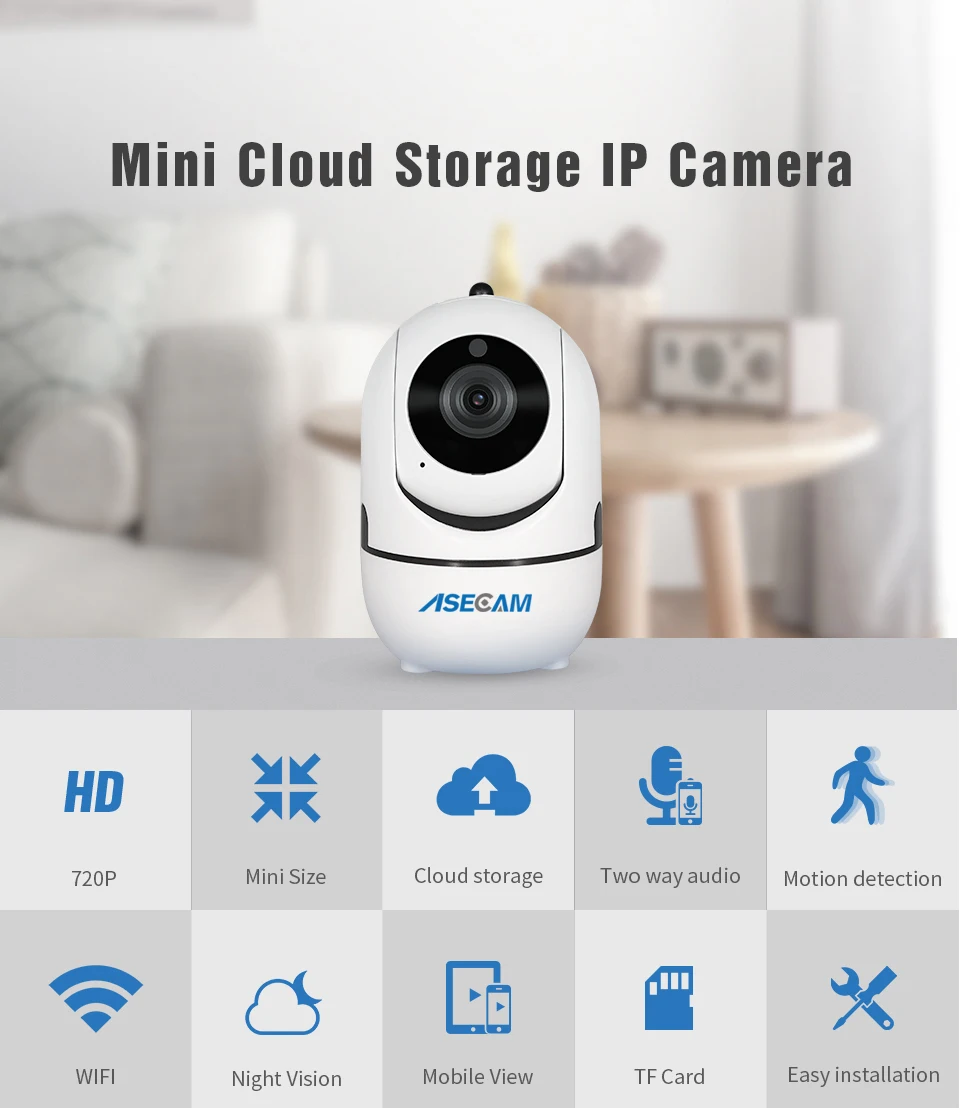
Whether they need fisheye cameras that capture a wide field of view, or high-res cameras that capture HD footage, cloud-based video security solutions have less hardware limitations. Hardware Compatibility: Cloud storage is offered across a number of different security vendors, so organizations have more freedom in choosing cameras that best meet specific security needs.While providers will typically offer a certain amount of storage for a set monthly fee, the scale on offer is essentially limitless. Scalable: Cloud camera storage allows for as much (or as little) capacity as needed.This simplifies surveillance management for Security & IT professionals, and increases visibility across sites by bringing footage onto one screen. Data Retrieval: With cloud storage, all live and historical camera feeds are centralized and accessible via the internet.

#Ip camera cloud recording service free password#
Instead of firewalls-which can be vulnerable to hacks-cloud servers protect surveillance footage using safeguards such as single sign-on, password protection and two-step verification.

Because all data is stored centrally in the cloud, it’s simple to streamline visibility across any number of locations.


With cloud storage, video footage is retained in remote servers and accessible virtually anywhere with an internet connection. How Do Cloud Cameras & Cloud Video Storage Work? How Do Cloud Cameras & Cloud Video Storage Work?.Without being restricted by limitations of on-premise recorders like NVRs and DVRs, cloud camera systems are quickly becoming a popular option among fast growing businesses. Unlike traditional CCTV systems, modern surveillance systems that store footage in the cloud offer organizations a simple way to scale video storage to meet retention requirements.
#Ip camera cloud recording service free free#
Try Verkada risk-free for 30 days, free shipping both ways.Ĭloud storage, as the name implies, is a method of storing surveillance footage in the cloud.


 0 kommentar(er)
0 kommentar(er)
